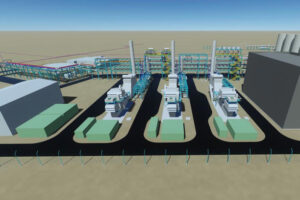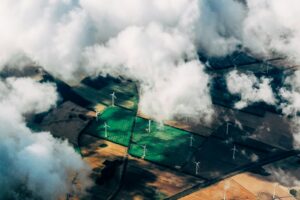Scottish government to spend £40m ‘transforming’ agriculture
The Scottish government will spend £40m on a new programme to support farming’s contribution to reaching net-zero emissions.
The Agricultural Transformation Programme will support the agricultural industry to undertake a range of potential actions to reduce greenhouse gas emissions and support sustainable farming and land use.
It will also seek to improve the environmental sustainability of the sector by protecting and restoring natural habitats and building sustainability through business practices that encourage productivity, innovation and inclusion.
Scotland has committed to reaching net-zero emissions by 2045, five years earlier than the UK as a whole.
Last month, the Committee on Climate Change (CCC) published a major report that said UK land use must be transformed for the country to meet its climate target.
In 2017, land use, including agriculture, forestry and peatland accounted for 12% of the UK’s greenhouse gas emissions but the report says farmers and land managers must do more to reduce emissions.
Announcing the funding at the NFUS annual AGM, Rural Economy Secretary Fergus Ewing said: ‘Scotland’s land and the manner in which we use and manage it must adapt and change if we are to meet our ambitious net-zero targets.
‘The main focus of this programme is to offer practical and effective ways to enable farmers, crofters and land managers to make changes to their business so they drive forward the transition to a low carbon future, delivering a sustainable, productive, and profitable agricultural sector.
‘Let me be clear though, achieving this will require every one of us to think about what you can do to ensure you play your part in transitioning to a net zero future.’
Writing for Environment Journal in January, Chloe Palmer, chief executive of Trent Rivers Trust, said that policymakers need to support farmers and ‘not demonise them’ to meet climate goals.
She wrote: ‘Farmers are our most important allies when delivering environmental improvement schemes. Not only do they usually own and farm the land, but they are also a vital source of information about it; how it drains, what will and won’t grow there and where different species breed and feed.’















